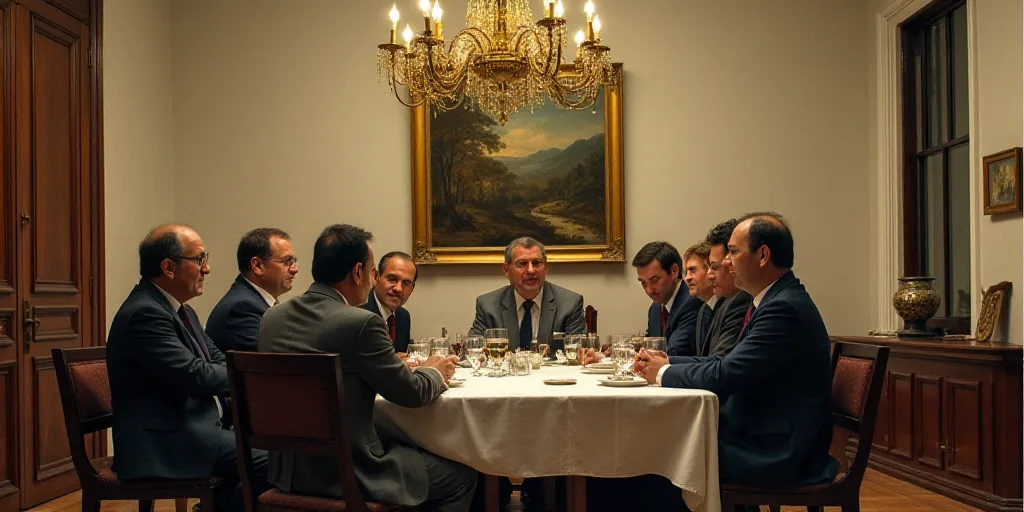Mexican President Claudia Sheinbaum confirmed her attendance at the inauguration and the first plenary session of the Community of Latin American and Caribbean States (CELAC) summit in Tegucigalpa, Honduras. She will participate in the event, invited by Honduran President Xiomara Castro, and plans to discuss strengthening political, cultural, and economic ties within the region.
Her decision can be seen as a diplomatic courtesy. However, without concrete proposals to address external threats currently impacting the 33 CELAC nations, her participation will be deemed futile. The reality is that despite its integrating discourse, the CELAC remains economically irrelevant.
Since its inception in 2010, CELAC has operated as a political dialogue space and symbolic support for regional causes. It’s served to issue joint statements, condemn blockades, or promote multilateralism. But beyond that, its impact has been minimal.
- No free trade zone
- No productive integration
- No regional funds
- Each country negotiates individually with global powers like China, the EU, or the U.S.
Now, this weakness is further exposed by Donald Trump’s latest protectionist offensive, imposing tariffs on nearly all Latin American and Caribbean nations—a 10% average, with harsher penalties for Nicaragua (18%), Venezuela (15%), and Guyana (38%). Mexico, partially covered by the T-MEC, faces a 25% tariff on non-covered products. The U.S. measure doesn’t discriminate based on ideology or alliances; it hits all equally.
In response, CELAC should become a platform for joint action. It must present a defensive trade agenda, propose collective negotiations, and coordinate joint strategies. Yet, it has done none of these. Instead, it merely expresses good intentions—unacceptable in the face of direct aggression.
The lack of an economic bloc among 33 Latin American countries stems from political disagreements, incompatible development models, and ideological rivalries preventing progress beyond rhetoric.
Mexico, due to its political weight, should lead a serious reaction. If it doesn’t, no other regional country likely will. If President Sheinbaum travels only for a speech, listening session, and photo opportunity without presenting clear proposals to counteract the harm tariffs will cause the region, her trip serves no purpose.
In critical times, mere presence isn’t enough; action is required. Latin American integration isn’t achieved with pretty phrases or symbolic gestures. It’s built through genuine agreements, effective coordination, and firm leadership. CELAC currently offers none of this. President Sheinbaum’s trip will only matter if it breaks this inertia.
Facebook: Eduardo J Ruiz-Healy
Instagram: ruizhealy
Website: ruizhealytimes.com



